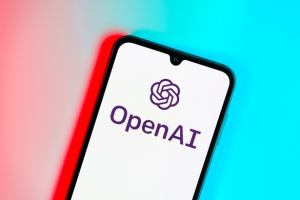May 09, 2024 – A collaboration between Google DeepMind and Isomorphic Labs has led to the creation of AlphaFold 3, the latest artificial intelligence model that has made its debut in the prestigious scientific journal Nature.
This cutting-edge model boasts remarkable precision in predicting the structures and interactions of all types of biomolecules, encompassing proteins, DNA, RNA, and ligands. Compared to existing predictive methods, AlphaFold 3 boasts a minimum of 50% improvement in accuracy when it comes to identifying interactions between proteins and other molecules. Remarkably, for certain key interaction categories, the model doubles the accuracy rate.

The research team behind AlphaFold 3 believes that this technological marvel will profoundly transform our understanding of the biological world and revolutionize drug discovery, ushering in a new era of artificial intelligence in cell biology.
To translate this innovation into practical applications, Isomorphic Labs is collaborating with numerous pharmaceutical companies. Together, they aim to apply AlphaFold 3 to real-world drug design challenges, ultimately seeking to develop novel therapies for some of the most devastating diseases affecting humanity.
Complementing this scientific breakthrough, Google DeepMind has launched AlphaFold Server, a free platform based on AlphaFold 3. This server is designed for non-commercial research use by scientists worldwide, enabling further predictions of protein-molecule interactions.
The remarkable capabilities of AlphaFold 3 stem from its next-generation architecture and comprehensive training, encompassing all biomolecules. Its core lies in an enhanced version of the Evoformer module, a deep learning framework that underpinned the success of its predecessor, AlphaFold 2.
Despite its immense potential, the research team acknowledges the limitations of AlphaFold 3. These include stereochemical constraints, potential hallucinations or illusions in its predictions, accuracy issues, conformational restrictions, the absence of dynamic information, and restrictions on specific target predictions. Nonetheless, AlphaFold 3 represents a significant leap forward in AI-assisted biomedical research.












